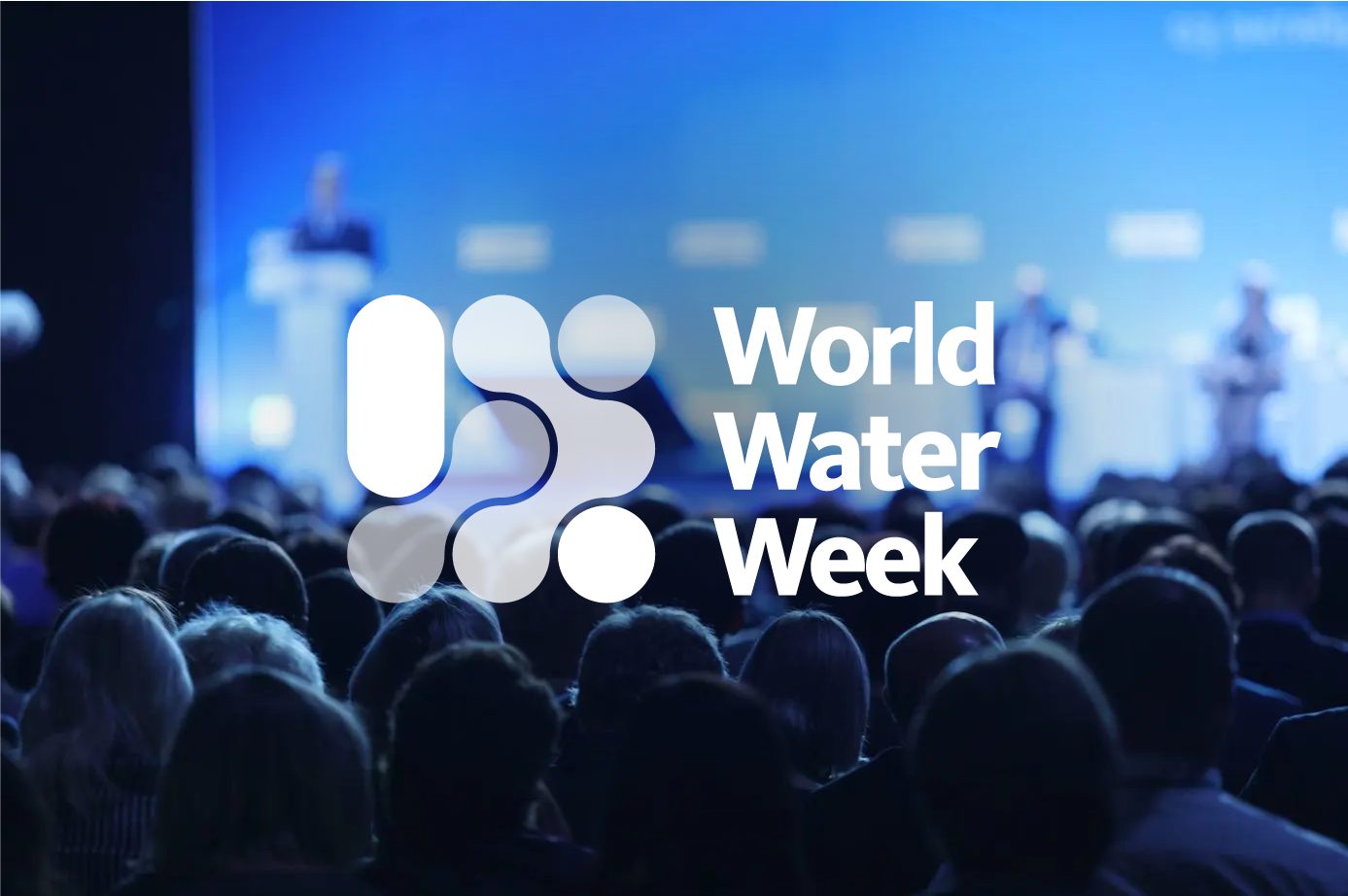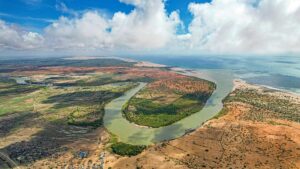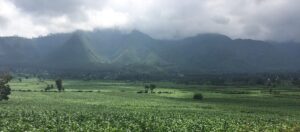- SIWI – Leading expert in water governance
- /
- Latest
- /
- Lessons on Transboundary Water Cooperation
Lessons on Transboundary Water Cooperation

World Water Week 2024 will focus on transboundary water cooperation. The 2023 conference has already highlighted factors that can hinder or enable success. Here are some key lessons from SIWI corner at World Water Week that will get you up to speed with next year’s theme.
Cooperation over shared waters is complex, challenging, and oftentimes not fully understood. The public interest is often focused on the question of if there will be wars around water. Yet, transboundary water cooperation has a range of vital aspects. Its success depends on many factors and requires cooperation across sectors and actors.
Here are some key lessons from SIWI corner at World Water Week.
It is unlikely that countries will go to war over water.
Oftentimes, the first question around transboundary water cooperation is: will there be wars between countries over water? Contrary to public perceptions, there is much more evidence for cooperation between governments over shared water courses than for conflicts. Yet, water-related challenges such as water scarcity can fuel and further escalate already ongoing conflicts in fragile regions and have a wide range of other consequences such as loss of biodiversity.
Transboundary cooperation goes far beyond cooperation between governments.
Transboundary cooperation can refer to any border that a river or an aquifer must cross. Yet, boundaries can equally exist between different sectors that need to, for example, find cooperation on sharing water resources in a sustainable way. To enable cooperation in transboundary processes, it is vital to know the key decision-makers and bring them to the table. This does not necessarily need to be the minister but can be different groups or religious leaders.
The process matters.
Often a facilitator has a key role to play by setting up a cooperation process that works. Getting consultations with people who are affected or considering aspects such as gender and youth in negotiations, can be a huge challenge. The voices of local actors must be heard in cooperation projects as peace agreements without the support of those affected are bound to fail.
Drawing lessons on success cases is challenging.
Cases of transboundary water cooperation are extremely different and strongly influenced by climatic, economic, and regional factors.
Further, while we often see the results of cooperation processes it is difficult to investigate the preceding negotiations, which are sensitive and therefore subject of non-disclosure.
In some basins successful transboundary cooperation can be the signing of a treaty. Yet, having basic collaboration on a technical level can be a huge success in other cases and the result of year-long work. While it is difficult to generalize, we can learn from successful cases despite the strong influence of individual case factors.
World Water Week in your inbox
This article was originally created for the WaterFront Daily: a special digital magazine bringing insights and analysis of every day of the Week.
SIWI at World Water Week 2023
Catch up on SIWI's involvement at World Water Week
World Water Week 2023
Most recent

Why sharing data matters for water cooperation in the Juba–Shebelle Basin
- Transboundary Water Cooperation
- Water and climate

TIARA in Zambia: Scaling resilient rainfed agriculture in the Zambezi Basin
- Agriculture and water
- Freshwater and ecosystems/biodiversity
- Resilience through water
- Water in landscapes
- Water and climate

Why climate action must integrate water
- Water and climate
- World Water Week
- Water governance

Reflections on the Routledge Handbook of Water Diplomacy: Building cooperation in a complex world

From Stockholm to Belém – Why water must be central at COP30

Q&A with Dr Martina Klimes on the NEW Routledge Handbook of Water Diplomacy


